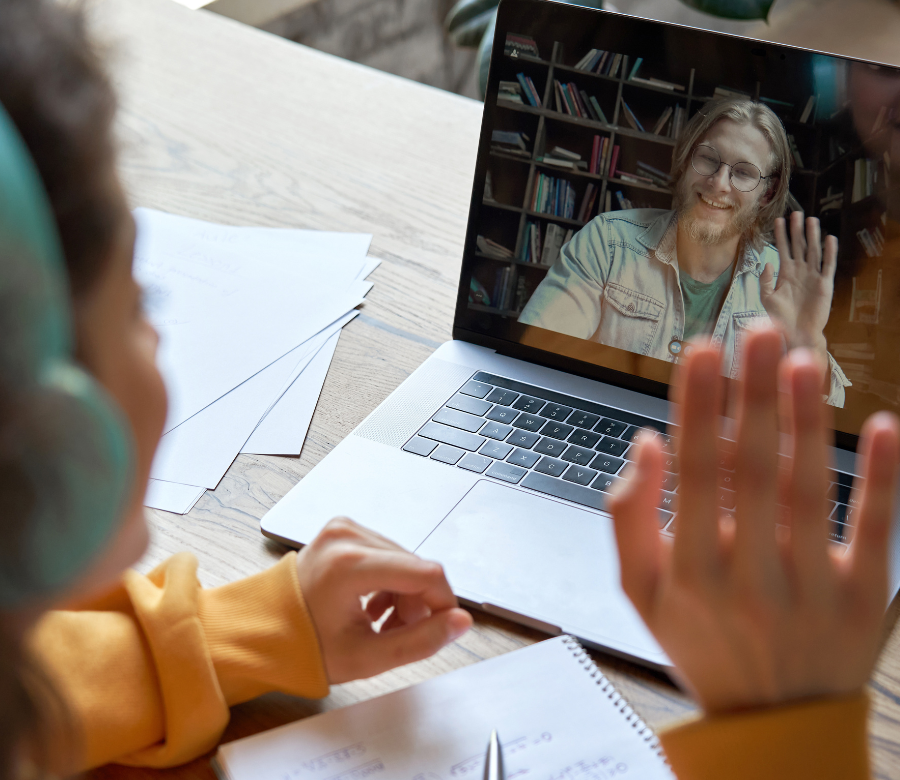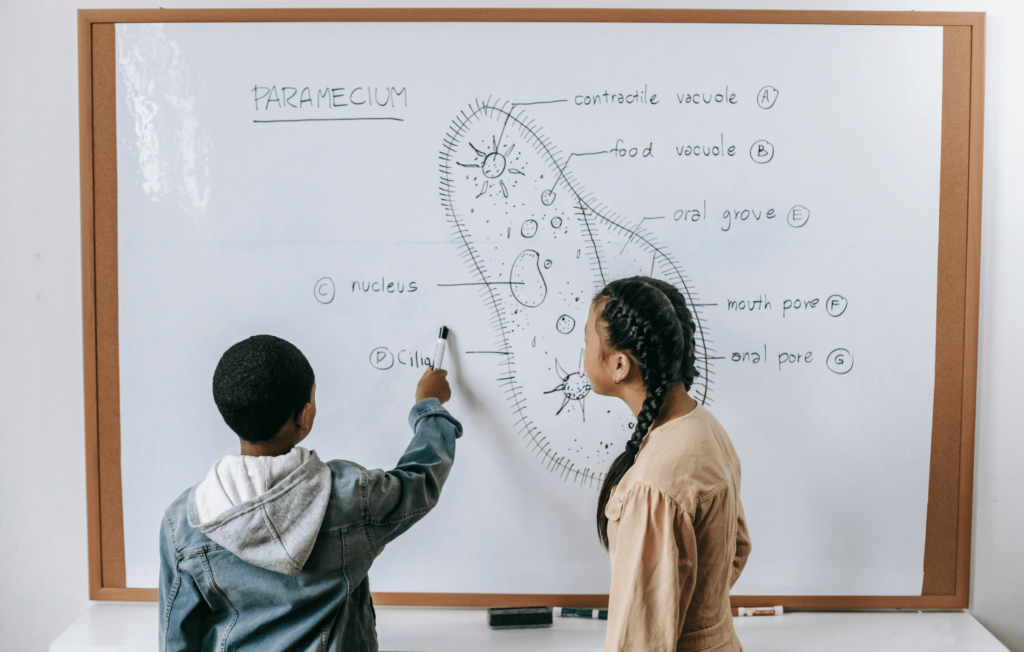Your teacher assigned a research paper on the effects of air pollution.
To complete the assignment, you turn to the world wide web, which grants you unlimited access to an abundance of information on the subject right before your eyes. You filter through your search engine results to select credible sources you’ll cite to support your reasoning before submitting the paper. That’s digital literacy!
Cornell University defines digital literacy as, “the ability to find, evaluate, utilize, share and create content using information technologies and the Internet.” Digital literacy shapes our thinking about what we choose to share and publish online. It is the skills that help us make ethical decisions when evaluating sources, or producing our own digital content.
Online students incorporate principles of digital literacy nearly every day. They are tasked with the responsibility of becoming digital citizens, who must appropriately use technology to complete assignments. Unlike students in the classroom, online students communicate with instructors, collaborate with peers, and turn in their work using digital mediums. That’s why it’s essential for online students to be digitally literate!
Digital literacy isn’t just limited to academics. It is important to be digitally literate when publishing content for personal purposes as well. When sharing a news article on Facebook or posting a comment on a friend’s Instagram photo, digital literacy plays a crucial role in each of these interactions.
To keep ourselves, and others safe online, here is a reminder of how you can develop your digital literacy skills:
· Evaluate sources for credibility. Only share information if it comes from reliable sources. A trustworthy article, for example, has an author, a date of publication, and references that support the text. You should also be able to find additional information about the author, as well as the organization publishing the author’s work.
· When using someone else’s work to support an idea, cite your sources properly. This also includes providing accurate attribution when repurposing images or any other visual you retrieve online. If you need help citing a source or would like more information on how to avoid plagiarism, check out this resource.
· Identify any present bias or preconceived opinions about the work you are sharing or citing. Authors lose credibility when they take a favorable stance on an argument. Ensure that your source presents different perspectives on the same subject.
· When posting online, ask yourself if the content you are about to create or share could be harmful to anyone who views it.
· Recognize the potential consequences when posting online, particularly on social media. Do not post something that could become damaging in the future.
Don’t forget to always be digitally literate whenever you are online. With digital literacy, we can all contribute to establishing a safe, and valuable virtual environment! Want extra practice? Click here!



